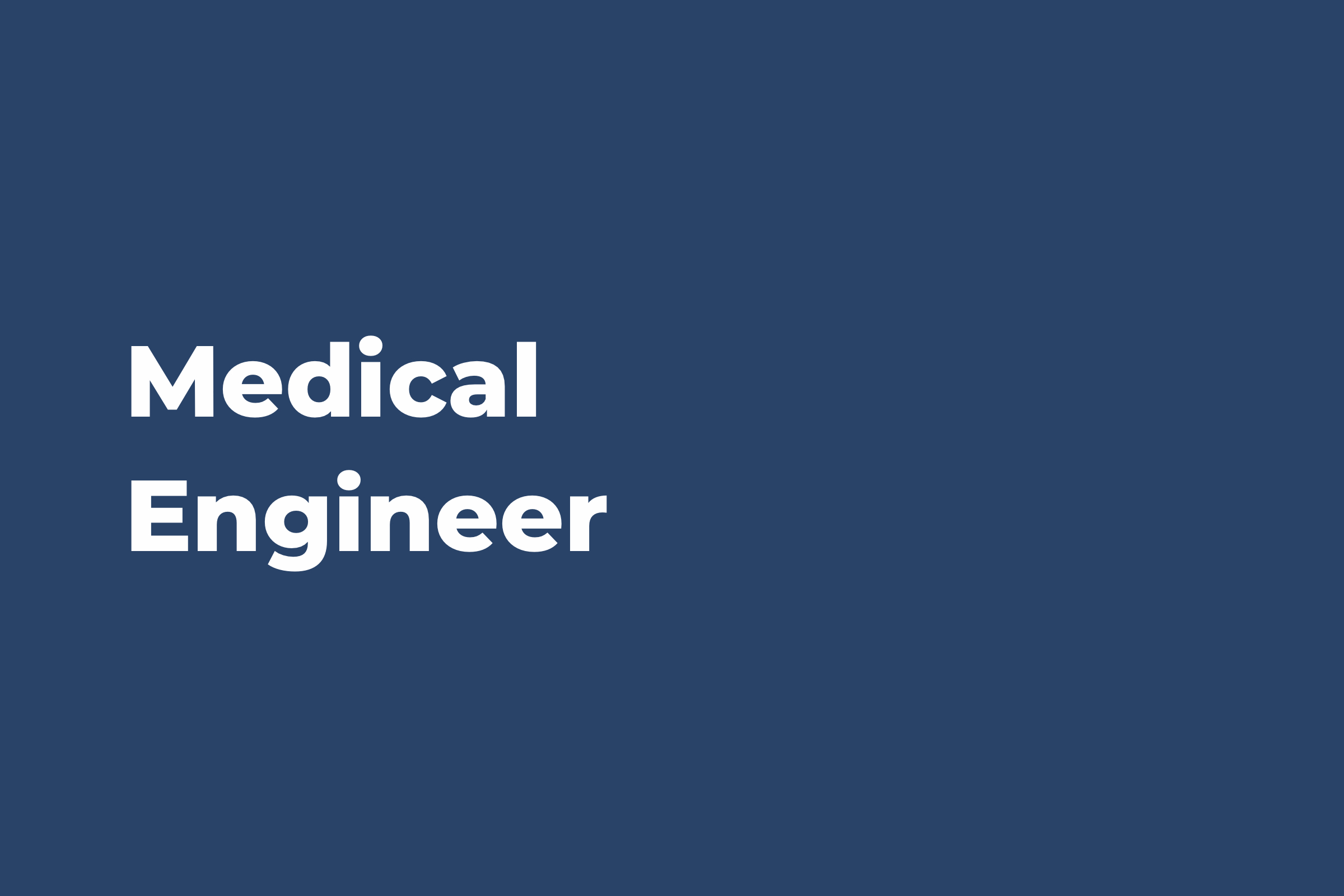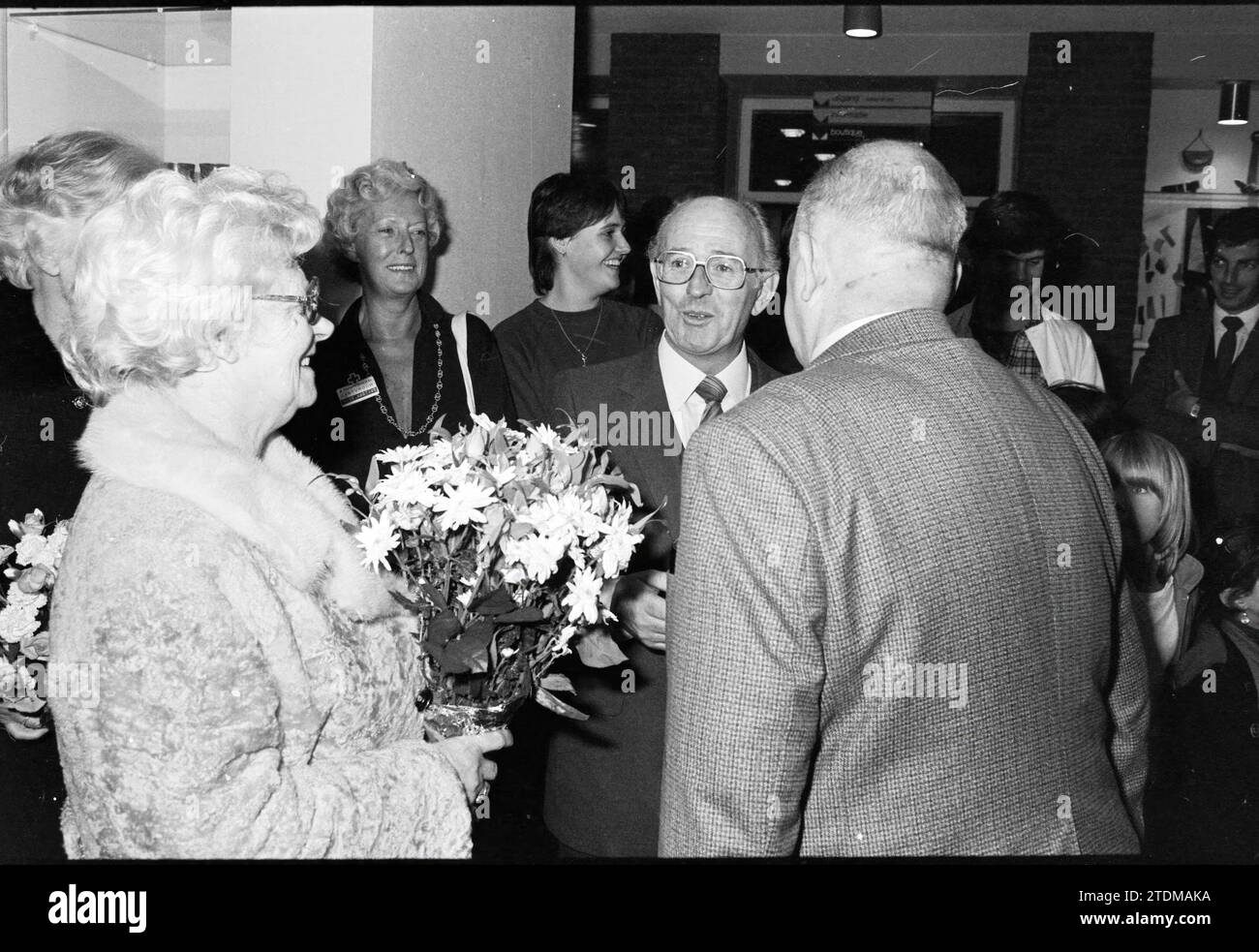Have you ever looked at a medical document and stumbled upon an abbreviation that left you scratching your head? It happens, doesn't it? Our healthcare system, while amazing in so many ways, does use quite a bit of specialized language. One such term you might come across, especially when looking at important information like your personal details, is "DEO." This little set of letters, it turns out, carries a lot of weight, typically standing for "date eyes opened." It's a way, you know, of recording an individual's date of birth, often used in medical records or for identification. So, really, knowing what it means can make a real difference in how you understand your own health information.
It’s a bit like a secret code, isn't it, but one that’s meant to help, not confuse. Knowing what "DEO" refers to helps ensure everything about you, from your past medical history to current treatments, is correctly tied to the right person. Think about how many records are created every single day; getting the basics right, like someone's date of birth, is absolutely vital for safe and effective care. This abbreviation, while simple, plays a big part in keeping things accurate.
This article will shed some light on "medical DEO," exploring why it's used, where you might see it, and why its accuracy matters so much. We'll also touch on how it fits into the broader picture of managing your health information. You might even find, too it's almost, that understanding these small details can give you a greater sense of control over your own health journey. Anyway, let's get into it.
Table of Contents
- What Exactly is Medical DEO?
- Why 'DEO' Matters in Your Health Journey
- Where You Might Find 'DEO' in Healthcare
- DEO in the Bigger Picture of Medical Information
- Clarifying Common Questions About Medical DEO
- Your Role in Ensuring Accurate Records
What Exactly is Medical DEO?
When we talk about "medical DEO," we're not, you know, referring to a type of personal hygiene product. Instead, this abbreviation, as mentioned earlier, stands for "date eyes opened." It's a rather specific way to denote an individual's date of birth. This phrasing, it seems, has historical roots in medical documentation, particularly when recording vital information about a person from their earliest moments. It's a precise, if slightly unusual, way to mark that very first day of life.
You might wonder why "date eyes opened" is used instead of simply "DOB" for date of birth. Well, in some contexts, particularly older or very specialized medical records, this phrasing helps distinguish it clearly as a specific data point related to an individual's origin. It ensures, very, very, that there is no confusion with other dates that might be recorded, like a date of admission or a date of a procedure. The exact phrasing is designed for clarity within the medical field.
This precise term is, arguably, a good example of how medical language can be very particular. It's not just about shortening words; it's about conveying very specific meanings within a system where precision can truly matter. So, if you ever spot "DEO" on a form or in your patient portal, you can now feel quite confident knowing it refers to your birth date. It's just a little bit of inside knowledge, you know?
Why 'DEO' Matters in Your Health Journey
The accuracy of your "medical DEO" is, honestly, more important than you might first think. Imagine a situation where your birth date is incorrect in your records. This small error could, as a matter of fact, lead to big problems. For instance, medications are often prescribed based on age, and treatments can vary significantly depending on a person's life stage. An incorrect "DEO" could mean you get the wrong dosage or even a treatment that isn't suitable for you.
Beyond treatment, proper identification is, essentially, the backbone of a safe healthcare experience. Lehigh Valley Health Network, now proudly part of Jefferson Health, understands this deeply. They, and other health systems, rely on accurate personal details to ensure the right care goes to the right person. If your "DEO" is wrong, you might find your records mixed up with someone else's, which is, obviously, something no one wants. This kind of mix-up could really disrupt your care and even put your well-being at risk.
Doctors, too, benefit greatly from precise information like your "DEO" because the administrative functions of their practices are, basically, built on it. From scheduling appointments to billing and coordinating care, every step relies on having your correct details. A small error in your "DEO" could cause delays, insurance issues, or even prevent you from accessing services you need. It's a foundational piece of information that helps the whole system run smoothly, so, you know, it’s really quite important.
Where You Might Find 'DEO' in Healthcare
You'll typically encounter "DEO" in places where personal identification is paramount. One common spot is within your official medical records. When you connect with your doctor through a convenient, safe, and secure environment like a patient portal, your "DEO" will be a key piece of information displayed. It helps confirm that you are viewing your own records and that the care team is accessing the correct file. This is, you know, a basic security measure.
Another place you might see "DEO" is on various forms and applications related to healthcare services. For example, a "medically necessary instruction medical referral form" or applications for certain programs might ask for this specific detail. It's often required to be completed by a physician or, in some cases, by a parent. Be sure you complete all pages in the application, as submitting application materials does not ensure approval for services, and getting the "DEO" right is a big part of that.
Furthermore, "DEO" can appear on identification credentials issued by healthcare providers or related entities. It's a quick, standardized way to verify someone's age and identity. While local formats for writing out dates can vary, the abbreviation "DEO" itself is a recognized term in medical documentation, particularly for medical records and ID credentials. So, you know, it's pretty common in official papers.
DEO in the Bigger Picture of Medical Information
Understanding "DEO" really helps us appreciate the larger system of medical abbreviations. While "DEO" specifically means "date eyes opened" (your birth date), it's just one piece of a vast collection of shorthand used in healthcare. Below is a list of commonly used medical abbreviations, which is not a comprehensive list, but should provide definitions for terms you are likely to encounter most frequently. If you have any questions about what you are reading in, say, a discharge summary, knowing these abbreviations can be very helpful.
It's interesting to note that the acronym "DOE" has many meanings beyond just its connections to healthcare, as we learned from the provided text. For instance, "DOE" can also stand for "dyspnea on exertion," which is the medical term for shortness of breath or difficulty breathing during physical activity. Scott Everson, for example, recently joined the U.S. Department of Energy as the chief medical officer, showing another entirely different context for "DOE." This is why understanding the specific context for "DEO" as "date eyes opened" is so important; it avoids confusing it with other, very different, meanings.
The precision required for "DEO" highlights a key aspect of medical record-keeping: every detail matters. Whether it's your birth date, a diagnosis like asthma (which might involve checking severity and attaching a MAF), or current medication(s), accuracy is paramount. Doe Medical, for example, provides expert, personalized healthcare services with a focus on advanced treatment programs, and their team of specialists offers tailored care plans, transparent pricing, and a seamless patient experience. This level of service relies heavily on getting all the patient data, including "DEO," perfectly correct. It's, you know, a big part of quality care.
Clarifying Common Questions About Medical DEO
People often have questions about medical abbreviations, and "DEO" is no exception. Let's look at a few common queries you might have, or that others frequently ask, to help clear things up. This is, you know, a good way to build confidence when you're looking at your own health information.
Is 'DEO' the Same as 'DOB'?
Basically, yes, in the context of medical records, "DEO" (date eyes opened) is used to mean the same thing as "DOB" (date of birth). It's just a different way of stating the same fundamental piece of information: when you were born. The choice between which abbreviation to use can sometimes depend on the specific system or historical practice of a healthcare provider. So, if you see "DEO," you can pretty much assume it's referring to your birth date. It's just a slight variation, you know.
Why Don't All Medical Facilities Use 'DEO'?
That's a good question. Not all medical facilities use "DEO" because, honestly, "DOB" is also very widely understood and used. The specific use of "DEO" might be more prevalent in certain types of medical documentation or within older record-keeping systems. As a matter of fact, some institutions might prefer "DOB" for its straightforwardness and common usage. It really just comes down to the preferred abbreviations within different organizations, but both refer to the same personal detail. It's a bit like different dialects, in a way, but for medical terms.
What Should I Do If My 'DEO' is Incorrect in My Records?
If you discover that your "DEO" or any other personal information is incorrect in your medical records, it's really important to get it fixed right away. You should contact your healthcare provider's administrative staff or medical records department. You can often do this through your patient portal, where you can connect with your doctor through a convenient, safe, and secure environment. They will guide you through the process of correcting the information. This might involve filling out a form or providing identification to verify the correct date. It's a simple step, but absolutely vital for your safety and accurate care, so, you know, don't put it off.
Your Role in Ensuring Accurate Records
As a patient, you have a very important role to play in keeping your medical records accurate. It’s not just up to the doctors and staff. Regularly checking your information, especially key details like your "medical DEO," is a really good habit. When you use a patient portal, for instance, take a moment to review your personal details. If something looks off, like your birth date, speak up. Your input helps ensure everything is correct.
Think about it this way: the people who work at places like Hess Healthcare, where someone had such a wonderful experience picking out a wheelchair, are amazing, kind, warm people. They truly want to help, and they rely on accurate information. If you needed a wheelchair for your grandmother, and the staff were so helpful, that positive interaction often starts with correct patient data. We understand how disruptive pain can be, and accurate records are part of creating a personalized approach to care. This means, you know, every detail counts.
Being proactive about your health information, including understanding abbreviations like "DEO," is a big step towards better self-advocacy. It helps you participate more fully in your own care. You can learn more about on our site, and you can also find more health insights by visiting . It’s about being informed and engaged, which, honestly, leads to better health outcomes for everyone involved. It really does make a difference.



Detail Author:
- Name : Prof. Carmelo Jenkins DDS
- Username : harvey.marquardt
- Email : virginie.barrows@reichel.com
- Birthdate : 1990-07-07
- Address : 48299 Myra Cliff Malindabury, CT 15556-5781
- Phone : (602) 690-8846
- Company : Jast-Gleason
- Job : MARCOM Director
- Bio : Itaque esse commodi molestiae voluptatem est. Inventore numquam distinctio et omnis ipsum quia maiores. Magnam nisi est mollitia enim laborum.
Socials
facebook:
- url : https://facebook.com/kaitlin.kozey
- username : kaitlin.kozey
- bio : In nihil in beatae.
- followers : 2415
- following : 1542
linkedin:
- url : https://linkedin.com/in/kozey1972
- username : kozey1972
- bio : Ipsa atque voluptas quis velit.
- followers : 6794
- following : 419